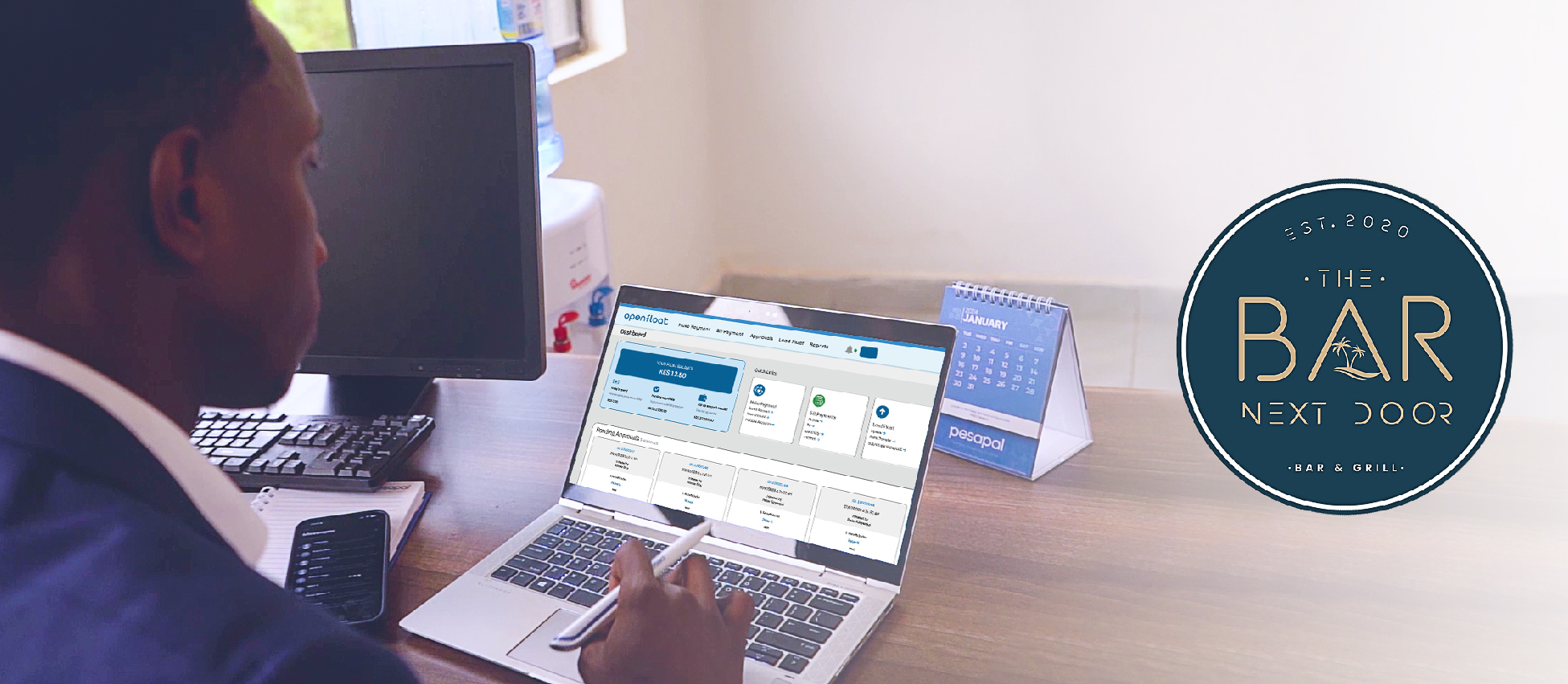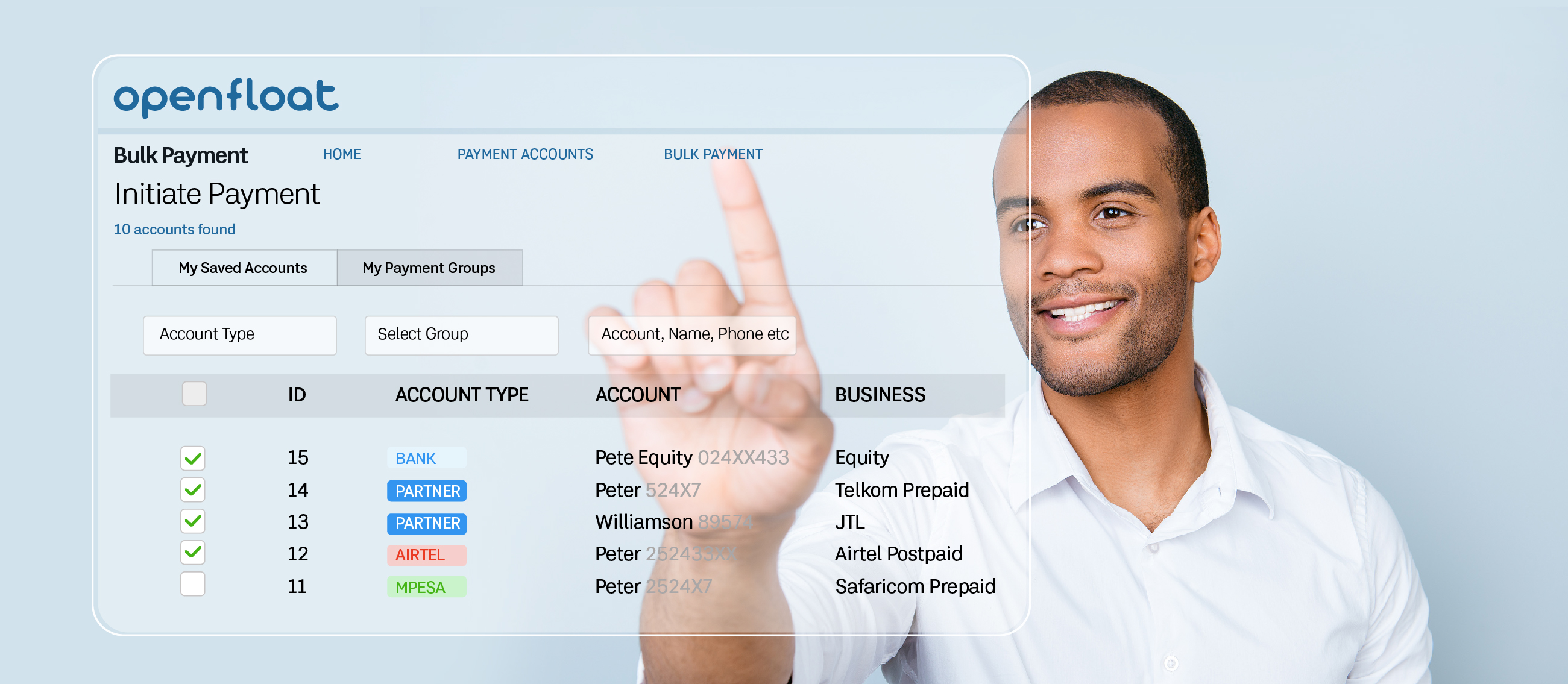Maximizing Your Use of Openfloat: Tips for Effective Fund Management

Whether you’re a small start-up or an established enterprise, staying on top of financial management can make the difference between success and financial strain. Openfloat provides your business with the flexibility to track expenses, allocate budgets, and optimize cash flow in real time.
Here are some quick tips to assist you to maximize your use of Openfloat for effective fund management.
1. Understand Openfloat’s Core Features
Before diving into best practices, it’s important to understand the core functions of Openfloat. With Openfloat, you can enjoy;
Real-time fund tracking – Monitor cash inflows and outflows effortlessly.
Automated expense categorization – Simplifies financial reporting.
Budget allocation tools – Helps businesses distribute funds strategically.
Seamless integrations – Works with other financial software for a unified system.
Now that you understand what Openfloat offers, you can make informed decisions on how to use these features for financial efficiency. Mastering the platform’s functionalities ensures that you maximize its benefits and optimize your financial processes.
2. Set Clear Financial Goals
Start by defining your business’s financial objectives. Do you want to reduce unnecessary expenses? or Improve cash flow? By setting specific goals, you can use Openfloat’s features more effectively.
Without clear financial goals, it’s difficult to measure success. Setting objectives allows you to track progress and make data-driven adjustments, ensuring that Openfloat aligns with your broader financial strategy.
3. Categorize and Track Expenses Efficiently
Openfloat’s categorization options helps you to break down expenses into meaningful categories, such as:
Fixed costs (rent, salaries, utilities)
Variable costs (marketing, supplies)
Unexpected expenses (emergencies, repairs)
Proper expense categorization gives you a clear picture of where your money goes. By tracking expenses efficiently, you can identify unnecessary spending and optimize resource allocation, ultimately improving profitability
4. Use Budgeting Features for Strategic Planning
Use of Openfloat’s budgeting tools helps you to:
Set spending limits for different departments.
Monitor budget usage in real-time.
Adjust allocations based on business needs.
A well-structured budget prevents financial mismanagement. Strategically planned allocations help you gain better control over your cash flow, ensuring sustainability and growth.
5. Improve Cash Flow Management
When it comes to cash flow management, Openfloat allows businesses to:
Schedule payments efficiently to avoid liquidity crunches.
Predict future cash flow needs based on past data.
Identify bottlenecks that cause cash shortages.
Poor cash flow management can cripple your business. By using Openfloat’s tools, you can anticipate financial needs, maintain stability, and avoid unnecessary financial strain.
6. Schedule Fund Disbursements
Manually managing fund transfers can be time-consuming. Openfloat enables scheduled fund disbursements, reducing administrative workload and ensuring timely payments.
Scheduling reduces errors, saves time, and ensures efficiency. With this function, you can focus on high-impact financial decisions instead of manual transactions.
7. Use Data Analytics for Smarter Decisions
Data-driven decision-making is crucial for financial health. Openfloat provides insightful reports that help your businesses:
Identify spending patterns.
Optimize cost-saving strategies.
Forecast financial performance.
Data-driven insights help you optimize costs and improve financial performance. By analyzing your spending patterns, you can make more strategic and informed financial choices for your business.
8. Enhance Security with User Permissions
Prevent unauthorized access by assigning user roles and permissions. Openfloat allows you to:
Limit access based on job roles.
Monitor user activity.
Reduce the risk of fraud or financial mismanagement.
Financial security is non-negotiable. By setting user permissions, you safeguard company funds, minimize fraud risks, and ensure accountability across your financial operations.
11. Regularly Review and Adjust Financial Plans
Business finances are dynamic. Scheduling regular financial reviews helps you to:
Assess budget performance.
Adjust spending based on business growth.
Stay aligned with financial objectives.
Business conditions change, and so should your financial plans. Regular reviews allow you to adapt to market changes and maintain financial resilience.
12. Educate Your Team on Best Practices
Ensure your team understands Openfloat’s functionalities and best practices for effective use. Conduct training sessions to:
Improve financial literacy among employees.
Encourage responsible spending.
Maximize efficiency in fund management.
Your financial tools are only as effective as the people using them. Educating your team empowers them to make responsible financial decisions, ultimately driving efficiency and profitability.
Mastering Openfloat isn’t just about using its features, it’s about integrating them into your financial strategy to drive efficiency and growth. By setting clear goals and tracking expenses, you create a financial system that works for you, not against you.
With the right budgeting and cash flow management, you gain better control over your business’s financial health, reducing risks and maximizing opportunities.
Talk to us today to discover more ways of how to maximize your use of Openfloat.
Effective Fund Management
Improved Financial Control
Join our Newsletter for insightful updates and exclusive content.
Blog Page
Related Posts
customer story: 1 minute Read
How Openfloat Transforms Bar Next Door's OperationsBar Next Door (BND) is an iconic hot spot nestled in the heart of Nairobi, Kenya, renowned for its vibrant and electrifying nightlife scene. Situated in one of Nairobi's trendiest neighborhoods, Bar Next Door has earned its reputation as the ultimate destination for partygoers and socialites alike.

Corporate Bill Payments: 6 min Read
Maximize Efficiency and Savings with Openfloat's Bulk Disbursement CapabilitiesEfficiency and savings are important for businesses and Openfloat's bulk disbursement capabilities are designed to help you achieve just that. When purchasing airtime in bulk, paying bills, or disbursing funds, choose Openfloat as a comprehensive solution that lets your business thrive. Sign up for Openfloat to experience the transformation.

Corporate Bill Payments: 2 min Read
Efficient Vendor and Supplier Payments Made Easy with OpenfloatVendors and suppliers play vital roles in the supply chain, providing goods or services to businesses. This article highlights how Openfloat complements their roles and the importance of selecting and managing vendors and supplier payments.

Pesapal, we provide customized payment solutions for our merchants. We listen to their needs and create unique solutions to their payment challenges. We offer businesses an accessible, reliable, and cost-effective way to collect money via mobile money, debit,
Kabarnet Lane, P.O Box 1179-00606, Nairobi, Kenya.